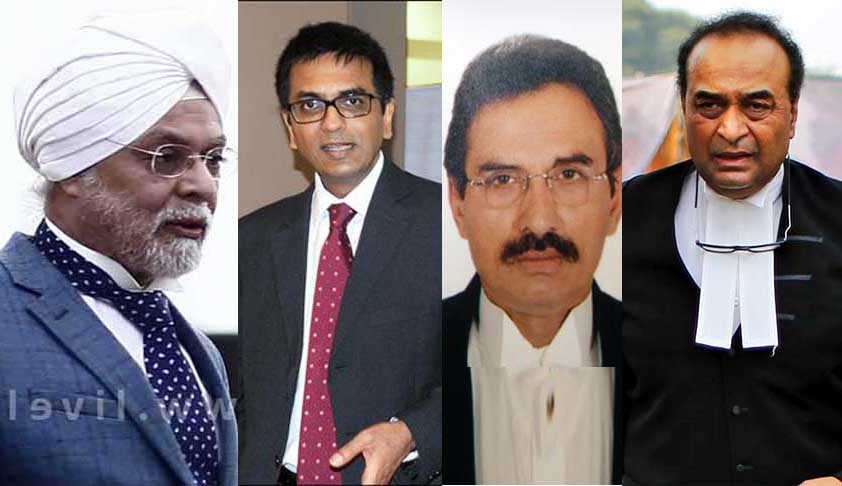SC Order On Highway Liquor Shops Faces Barrage Of Criticism
LiveLaw Research Team
3 April 2017 3:23 PM IST

Next Story
3 April 2017 3:23 PM IST
The Supreme Court’s judgment in the State of Tamil Nadu Rep. By Its Secretary Home, Prohibition & Excise Dept & Ors v K.Balu, on December 15 last year, and its March 31 modification order in the same case, have earned a lot of criticism in the media. The adverse response to the Court’s rulings is not a surprise, given the power wielded by the liquor lobby in every State. However,...
